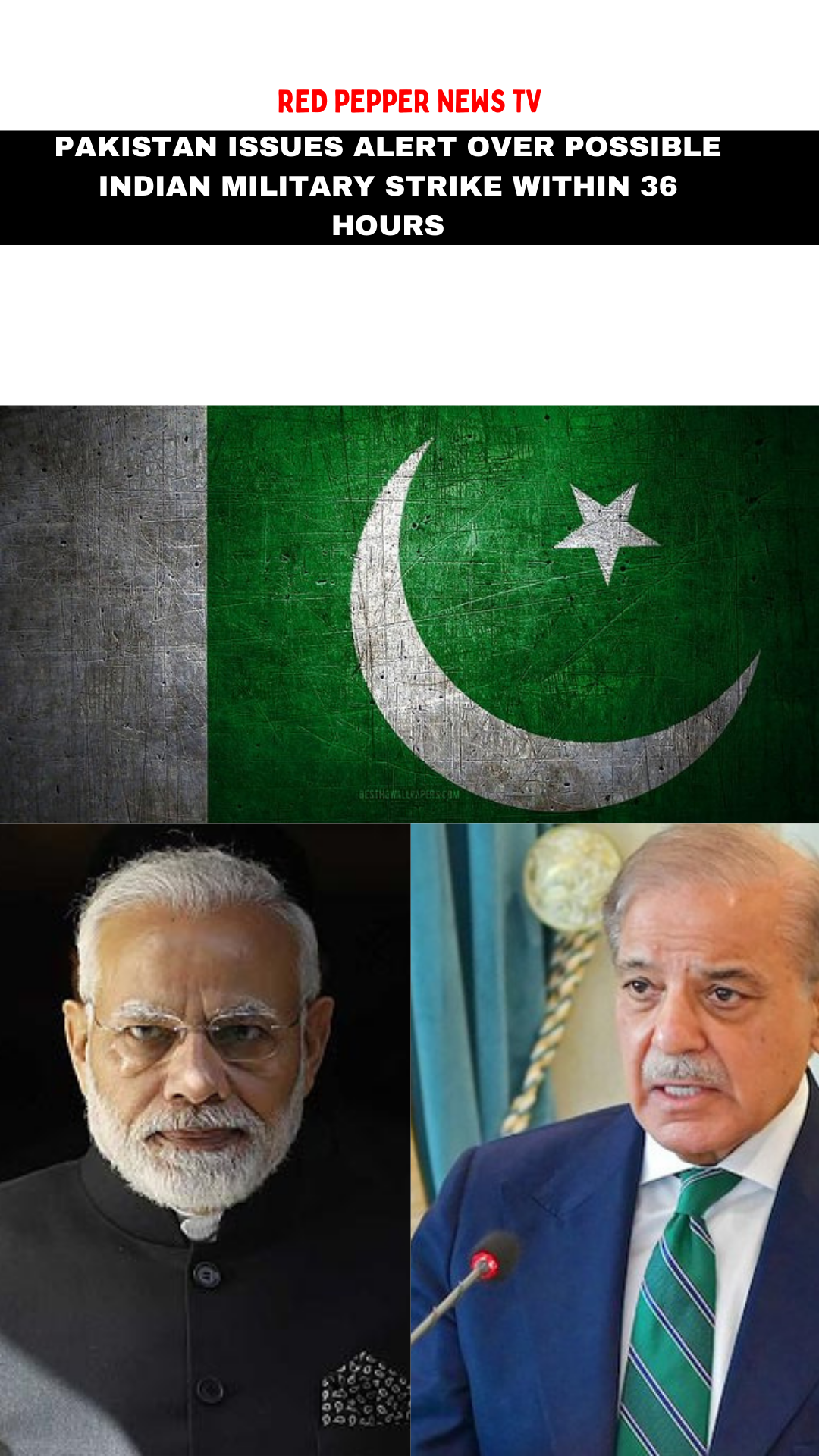Pakistan’s government has issued a grave warning, citing credible intelligence that India may be planning a military strike within the next 24 to 36 hours. The announcement was made by Information Minister Attaullah Tarar during a press briefing on Tuesday, as tensions between the two nuclear-armed neighbors reach a boiling point following a deadly terrorist attack in Indian-administered Jammu and Kashmir.
According to Minister Tarar, Pakistan’s intelligence services have intercepted actionable information suggesting imminent military action from across the eastern border. “We are taking this threat very seriously. Our security forces are on high alert, and all necessary measures are being put in place to safeguard our territorial integrity,” he stated.
The warning comes in the wake of a recent attack in the Pahalgam area of Jammu and Kashmir, which resulted in multiple casualties and injuries. Although no group has claimed responsibility, Indian authorities have blamed Pakistan-based militants for orchestrating the assault—a claim Islamabad firmly denies.
In response to the Pahalgam incident, Indian Prime Minister Narendra Modi has granted full operational autonomy to the Indian Armed Forces, allowing military commanders to decide the timing and method of any retaliatory actions. This directive has further heightened concerns in Islamabad, with officials accusing New Delhi of attempting to use the incident to justify aggression.
In a sign of escalating hostilities, the Attari-Wagah border crossing—one of the few official land routes for trade and travel between the two countries—has been temporarily shut down. The closure has disrupted the movement of goods and services, dealing a blow to cross-border commerce. It has also caused deep emotional distress among families divided by the border, many of whom were expecting loved ones to return home in the coming days.
“The humanitarian cost of this standoff is already visible,” said a Pakistani border official. “People are being forced to cancel weddings, funerals, and urgent family visits.”
Pakistan has called on the international community, including the United Nations and major global powers, to intervene and de-escalate the growing crisis. Diplomatic channels remain open, but analysts warn that the situation could spiral out of control if preventive diplomacy is not urgently exercised.
“This is not just a regional issue anymore. Any military miscalculation between India and Pakistan can have devastating consequences far beyond South Asia,” said Dr. Farzana Gul, a regional security expert.
As the next 24 to 36 hours unfold, both countries remain locked in a tense standoff, with citizens on both sides bracing for possible conflict.



